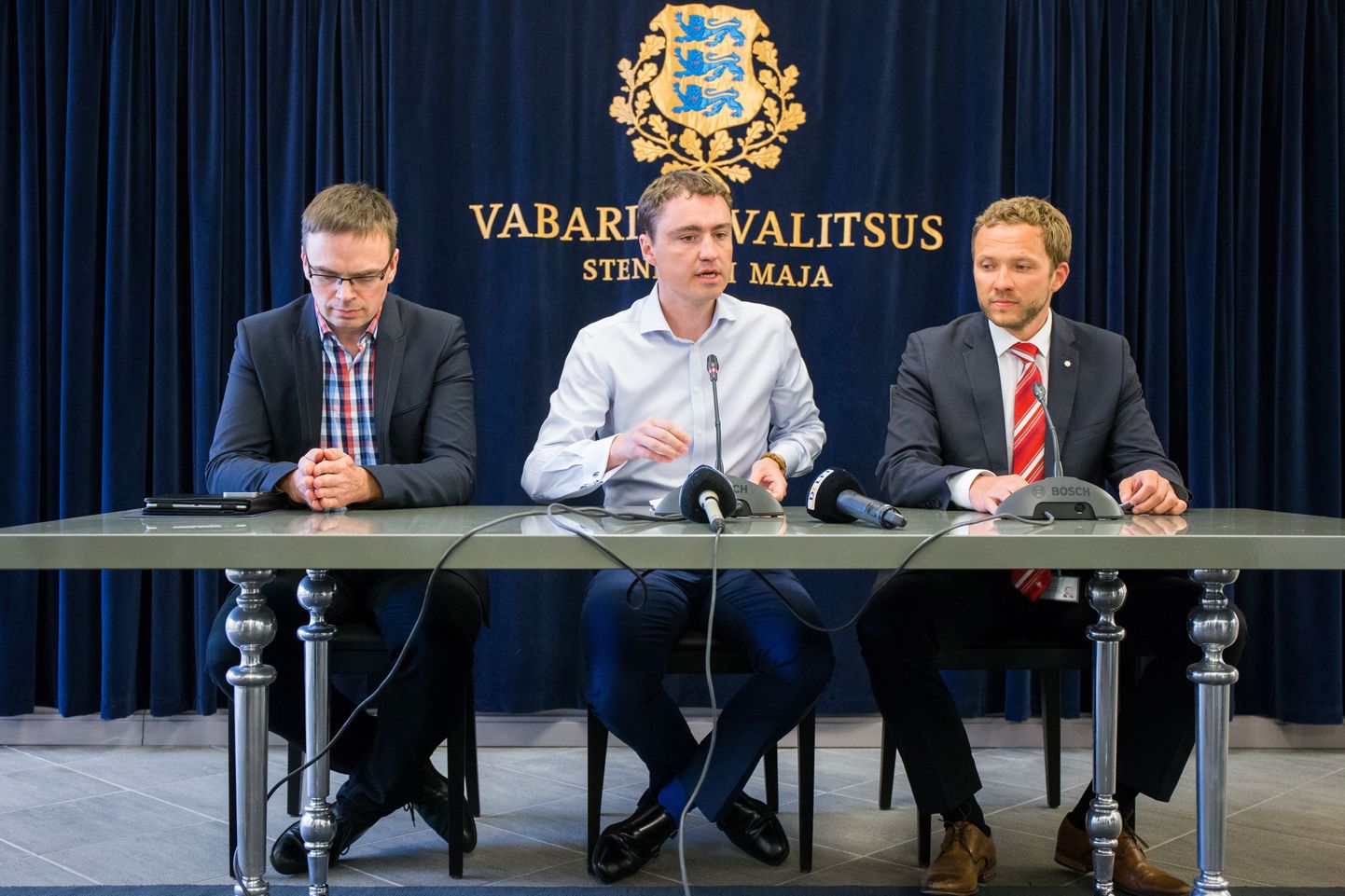As also emphasised by defence minister Sven Mikser (Soc Dems): in a situation like this, no member state ought to refuse receiving refugees. «The voluntary aspect will not mean members may wipe their hands clean from obligations,» he said.
Furthermore, Prime Minister Rõivas refuted claims about mass immigration of aliens. «Regarding the refugee topic, I would like to emphasise that all talk of mass immigration is ridiculous. In reality, in times to come we will not even have a refugee per every local government, so the local governments must not worry about being ready,» explained Mr Rõivas.
When will the initial refugees arrive in Estonia? Prime minister said this will be specified during July.
The prime minister proceeded to call the nation to take a warmer approach towards the asylum seekers placed in the village of Vao. «Please take into account that, among the others, these include 25 war refugees from Ukraine, as well as 18 women and also children. Thus, people must carefully consider before trying to somehow demonstrate their power regarding them,» lectured Mr Rõivas.
According to refugee topic experts, the people are integrated into society during two years. For that period, a refugee has a support person who helps him acclimatise and find a job. Also, they will clarify educational needs of the children that arrive and deal with teaching them the language.

